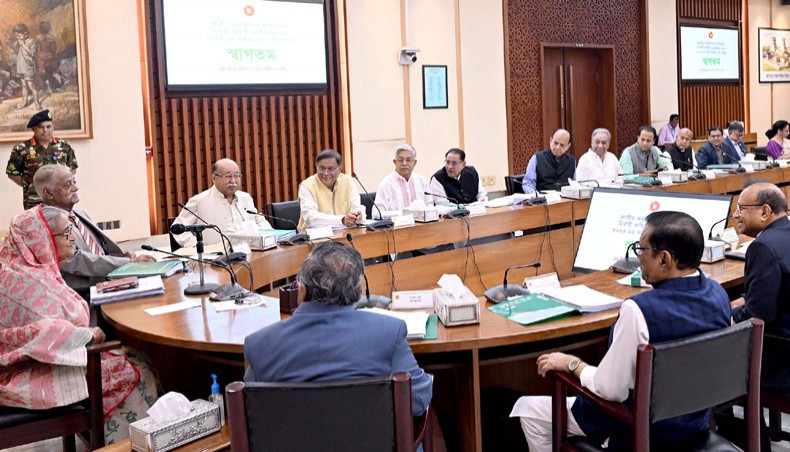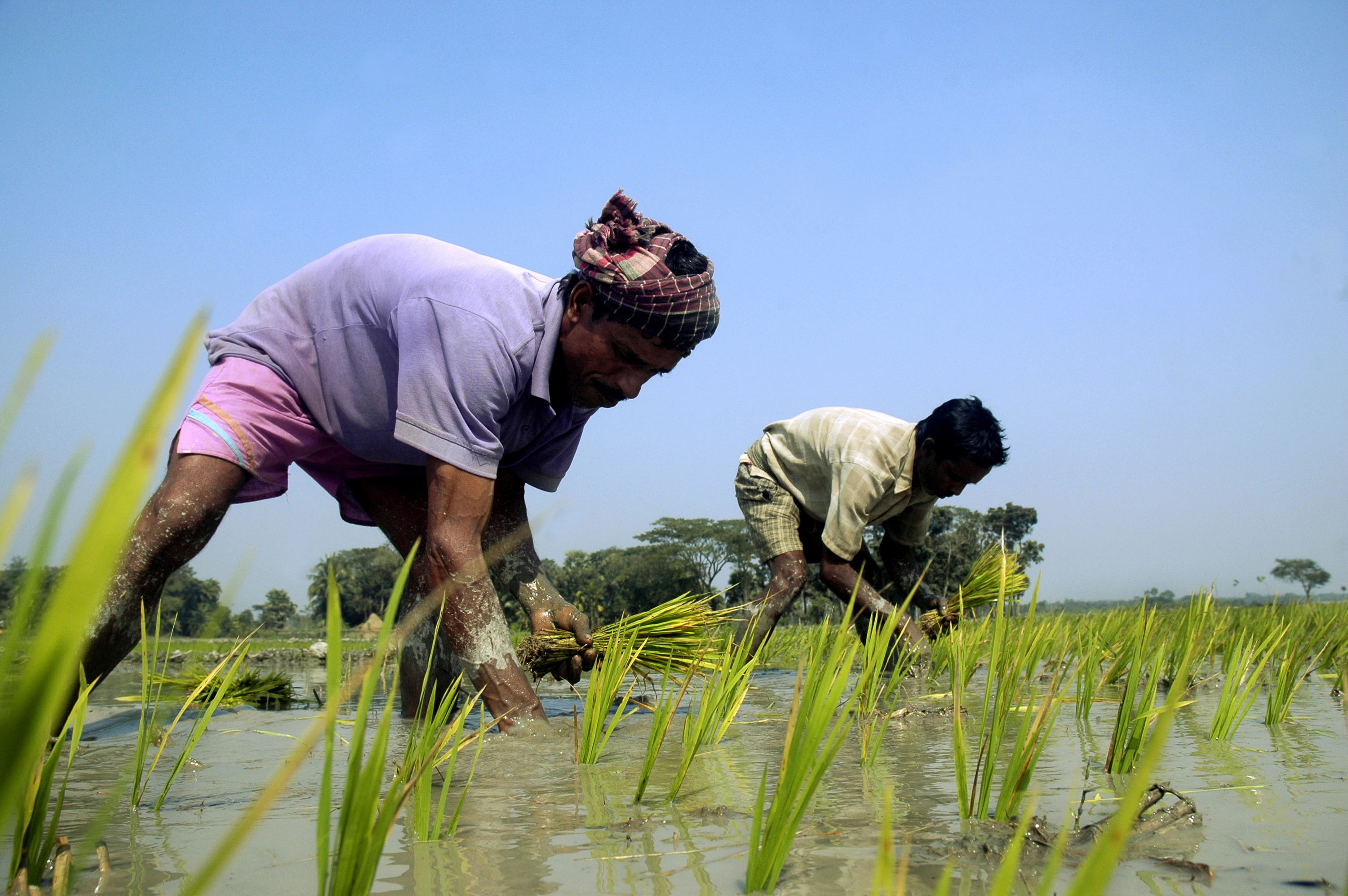
A total of 30 projects, each worth less than Tk 50 crore, were brought to the meeting of the executive committee of the Economic Council on Thursday for appraisal, as opposed to five to six such projects in the past.
Prime Minister Sheikh Hasina presided over the meeting and was apprised of the overwhelming number of projects that were approved by the planning minister.
The planning minister holds the power to approve a project costing less than Tk 50 crore, while projects with higher costs need approval from ECNEC.
The details of 30 projects submitted to ECNEC during Thursday’s meeting, however, were not revealed.
Experts said not publicly revealing the details of projects might raise questions about whether those were taken to benefit certain groups against the backdrop of unnecessary projects crowding the annual development programme.
In the post-ECNEC briefing, planning minister Major General (retired) Abdus Salam said he did not approve any single of the 30 projects placed in the meeting for appraisal.
The projects were approved during the tenure of immediate past planning minister MA Mannan, he said.
He, however, claimed that there was nothing wrong with approving such projects.
All the projects are necessary, he said.
Answering a question about whether the planning commission placed so many projects for ECNEC appraisal in a single ECNEC meeting in the past, planning ministry secretary Satyajit Karmaker blamed the time gap in holding the ECNEC meeting for the matter.
Before the last general election, the ECNEC meeting was held every week, but now it takes
more than a month, he said, without elaborating on the reasons behind such a time gap.
The planning secretary did not name the projects placed for appraisal in the ECNEC meeting.
A planning ministry official, on condition of anonymity, said the number of projects with a cost of less than Tk 50 crore had never exceeded five in the past.
The ministries and divisions are showing interest in small projects to bypass the scrutiny process of the ECNEC, he noted.
Most of the projects are taken out of political consideration, he said.
The previous ECNEC meeting held on October 30, 2023, was apprised of only five such projects, he said.
Former World Bank Dhaka office chief economist Zahid Hussain said 30 projects was an overwhelming number, which showed growing interest in such projects.
The government should specify the number of such projects against the poor quality of development projects in the ADP, he said.
Transparency International Bangladesh executive director Iftekharuzzaman said the extraordinary number demanded more transparency since their costs involved public money.
Questions may be raised about the motive behind such projects, he said.
The day’s ECNEC meeting approved a total of 11 projects worth Tk 8,425.51 crore.
The projects include the construction of Union Parishad Complex under the third phase across the country at Tk 3,059 crore, the development of rural infrastructures in the Rangpur region at Tk 2,500 crore, procurement of 20 meter-gauge diesel electronic locomotives and 150 meter-gauge passenger carriages with an additional cost of Tk 288.07 crore to Tk 2,157 crore, upgrading the Kashinathpur-Dashuria-Natore-Rajshahi-Nababganj-Kansat-Sonamasjid-Baliadighi Border national highway at Tk 481.89 crore, development of infrastructure for enhancing the capacity of the government fisheries farms and boosting production at Tk 371.32 crore, and improvement of Fish Landing Centre of Bangladesh Fisheries Development Corporation in Cox’s Bazar at Tk 232.83 crore.
The planning commission officials said the PM directed keeping restrooms and adequate booths while constructing the Bangladesh Chancery Complex and Residential Building in Cairo, Egypt, at Tk 166 crore.
The PM also directed necessary steps to prevent river erosion in Kurigram while implementing development projects there and asked for the completion of union parishad complexes without any delay, according to the planning commission secretary.
Directives were also given by the PM for effective steps to avail maximum benefits and facilities after the country graduates from the bloc of Least Developed Countries in 2026.
The PM also ordered preparation strategies to face the challenges in the post-LDC graduation period.
new age









